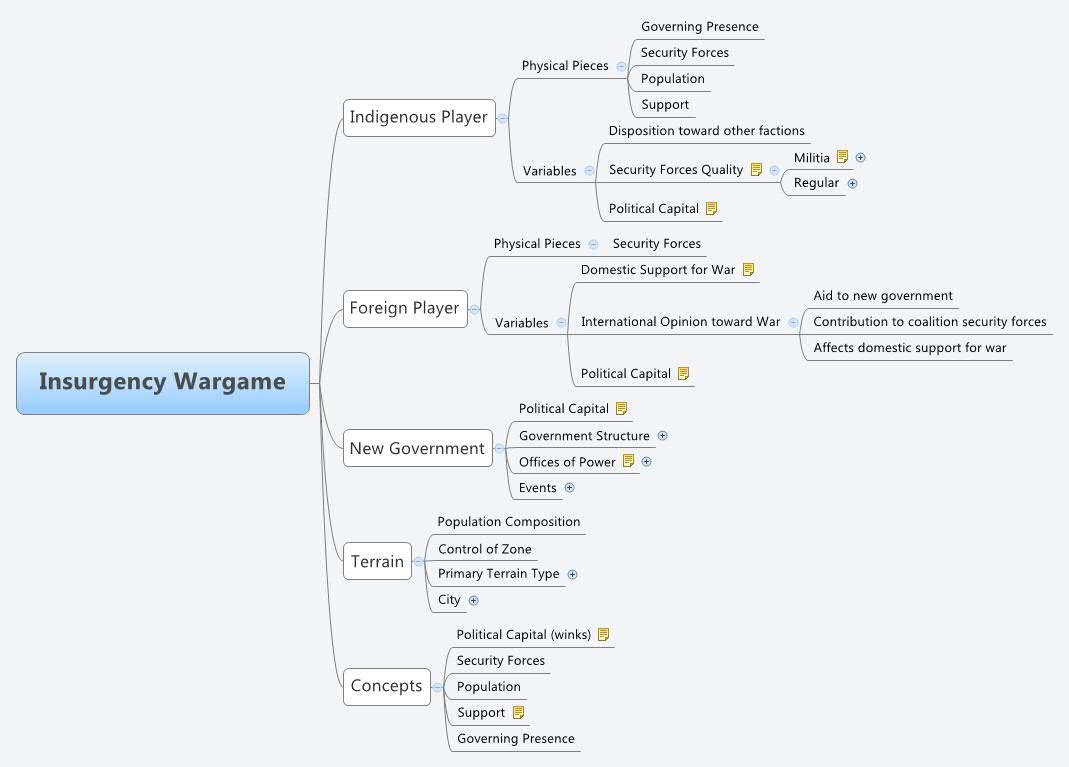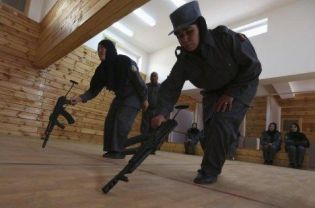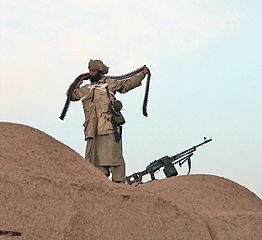Post-Abbottabad developments
It’s been almost a full month since justice finally caught up with Osama bin Laden in his comfortable Abbottabad complex. As the high from bin Laden’s demise wears off, the US and Pakistan will get back to making their moves in this very complex game of AfPak chess.
First worth mentioning is the inter-agency dynamic that helped bring about the Abbottabad mission. The military, CIA, National Geospatial-Intelligence Agency worked seamlessly together to gather intelligence, plan, and execute the daring mission. At each step, intelligence professionals were responsible for the successes. Collaborative intelligence tools like Intellipedia also played a role, so management will consider the possibility of unorthodox (by bureaucratic standards) methods for the gathering, sharing, and analysis of information.
It’s disheartening, though somewhat unsurprising, that Pakistan’s reaction has moved beyond public outrage (which was to be expected) to actively hampering US intelligence efforts. The LA Times reports that Pakistan has moved to shut down US intelligence fusion cells, which according tot he article are “military intelligence liaison centers” and the “main conduits for the United States to share satellite imagery, target data and other intelligence with Pakistani ground forces.” This is likely a gesture meant to annoy the US, and my guess is mid- to high-level talks will reverse Pakistan’s actions.
Just as important in the aftermath of the operation is going through the intelligence acquired in the Abbottabad compound. The NY Times reports that bin Laden was considering seeking protection from the Pakistani government in exchange for a vow to cease attacks against the country. It’s unsurprising that bin Laden would consider the option—when you’re a world-class terrorist, you have to consider every possible option—but the real question is how seriously he pursued the possibility. No evidence has been found that bin Laden or anyone on his behalf actually approached Pakistani military or intelligence officials, and for the sake of the shaky US-Pakistani relationship I certainly hope there is nothing to find.
Another LA Times story says al-Qaeda was considering terrorist attacks at sea, hoping to cripple the US economy by taking out tankers. While the intelligence collected in bin Laden’s compound doesn’t suggest any attacks were in the planning process, that certainly doesn’t preclude the possibility that an al-Qaeda affiliate or other group is currently working on putting one together. In his book, Sleeping with the Devil, former CIA officer Robert Baer outlines a terrorist attack scenario that could result in ballooning oil prices from a single strike against one Saudi oil refinery. While tankers are not as vital a target as a refinery, they are numerous, mobile, and sometimes transit through unstable waters. They are certainly vulnerable, and the psychological effect of a successful tanker strike would match the economic effect.
With this much going on just a month after Abbottabad, we can look forward to even more developments as the year progresses.
EDIT: When I originally published this post, I embarrassingly referred to Robert Baer’s book as “Sleeping with the Enemy” rather than “Sleeping with the Devil.”









